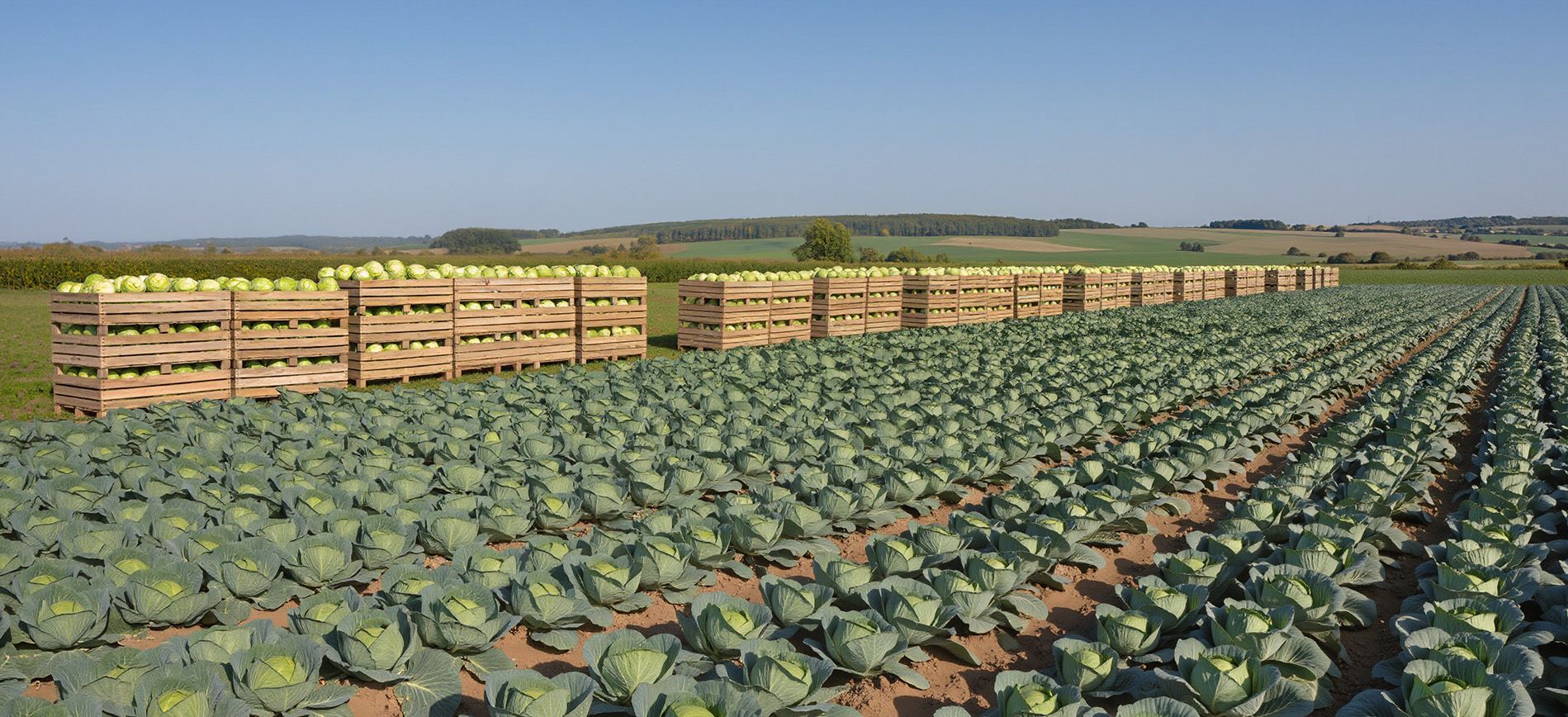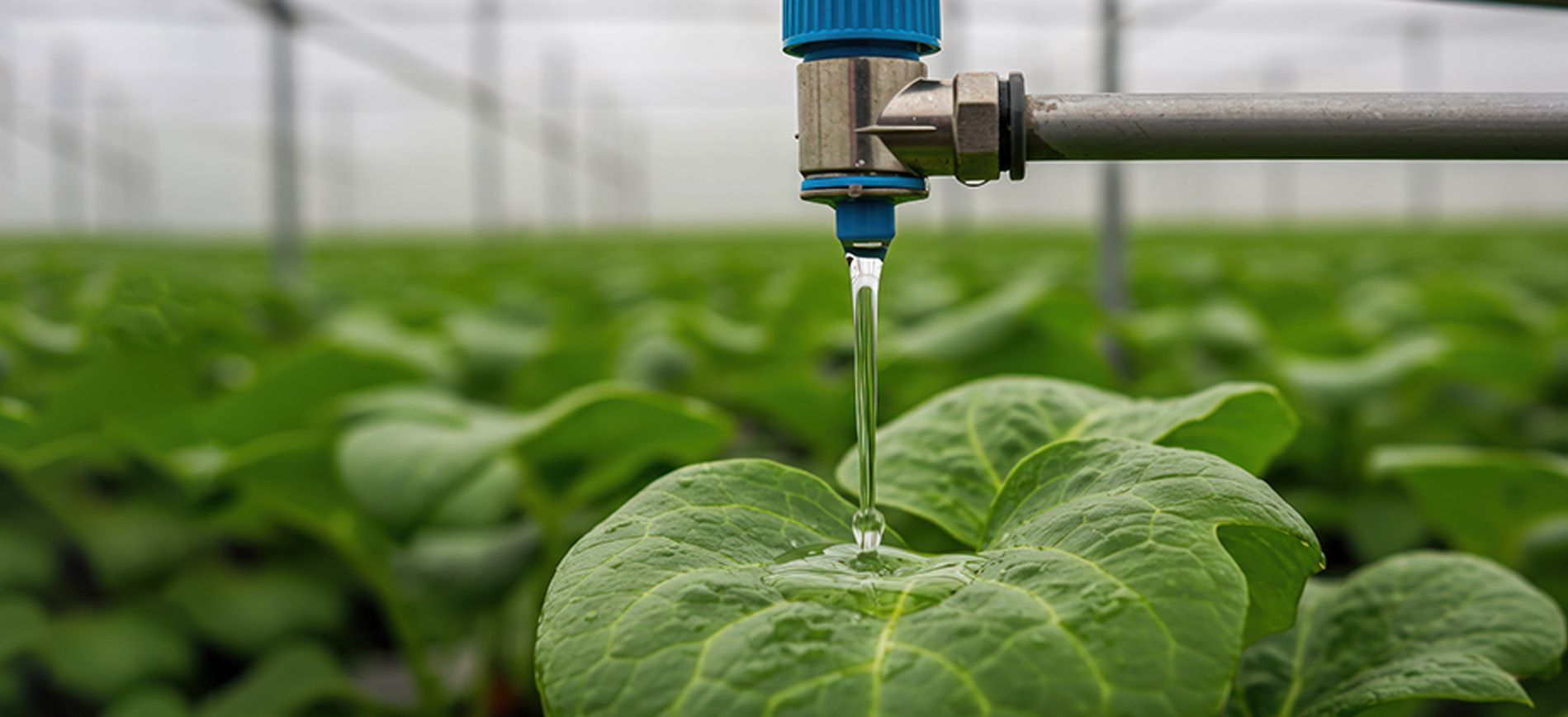West Africa’s Growing Fertilizer Demand: Opportunities for Suppliers
West Africa’s Growing Fertilizer Demand: Opportunities for Suppliers

West Africa is experiencing rapid agricultural expansion, driving increased demand for fertilizers. Countries such as Nigeria, Ghana, Côte d’Ivoire, and Togo are investing in agriculture and food security, making the region an emerging hotspot for fertilizer trade and supply opportunities.
This blog explores the
key factors fueling fertilizer demand, government policies, and
opportunities for suppliers looking to expand into the West African market.
Why is
Fertilizer Demand Growing in West Africa?
1. Rising Agricultural Production & Population Growth
- West Africa’s population is projected to reach 500 million by 2050, increasing the demand for food production.
- Countries are shifting toward commercial farming, requiring high-quality fertilizers to enhance soil fertility and crop yields.
2. Government Subsidies & Agricultural Initiatives
- Nigeria’s Presidential Fertilizer Initiative (PFI) supports local fertilizer production and imports.
- Ghana’s Planting for Food and Jobs (PFJ) program provides subsidies to farmers to increase fertilizer usage.
- Côte d’Ivoire and Senegal have fertilizer subsidy programs to boost productivity and exports.
3. Expanding Infrastructure & Ports for Fertilizer Imports
- Lomé Port (Togo) is becoming a significant hub for fertilizer imports and distribution to landlocked nations.
- Dakar, Abidjan, and Lagos ports handle bulk fertilizer shipments, reducing logistical bottlenecks.
4. Shift from Traditional Farming to High-Input Agriculture
- NPK fertilizers, urea, and ammonium sulfate are now essential for increasing crop productivity.
- Smallholder farmers are adopting modern farming techniques, increasing fertilizer application rates.
Key
Fertilizers in High Demand
| Fertilizer Type | Usage in West Africa | Key Markets |
|---|---|---|
| Granular Urea (46%) | Nitrogen source for staple crops like maize, rice, and wheat | Nigeria, Ghana, Cote d'Ivoire |
| NPK Fertilizers (15-15-15, 20-10-10) | Balanced nutrition for cocoa, cassava, and oil palm | Ghana, Cote d'Ivoire, Senegal |
| Ammonium Sulfate (Amsul) | Enriches nitrogen and sulfur levels in the soil | Burkina Faso, Mali, Niger |
| DAP (Diammonium Phosphate) | Used for maize and rice production | Nigeria, Guinea, Sierra Leone |
- Cote d'Ivoire and Ghana are leading cocoa-producing nations, relying on NPK and phosphate-based fertilizers for soil health.
- Landlocked countries (Mali, Niger, Burkina Faso) depend on ports in Togo, Ghana, and Senegal for fertilizer imports.
Opportunities for Fertilizer Suppliers in West Africa
1. Investment in Bulk Import & Storage Facilities
- Suppliers can establish regional distribution hubs in Lomé, Lagos, or Abidjan to streamline fertilizer supply chains.
2. Forming Partnerships with Governments & Cooperatives
- Government tenders for fertilizer supply provide lucrative long-term contracts.
- Partnering with local cooperatives can improve market penetration and sales.
3. Offering Tailored Fertilizer Blends
- Custom NPK formulations for cash crops like cocoa, palm oil, and maize can increase sales.
4. Providing Farmer Education & Fertilizer Training
- Supporting farmers with fertilizer application training improves product demand and soil management.
Challenges & How to Overcome Them
1. Supply Chain & Logistics Bottlenecks
📌 Solution: Invest in regional warehouses to ensure a consistent fertilizer supply.
2. Affordability & Access to Credit
📌 Solution: Work with microfinance institutions & cooperatives to provide credit-based fertilizer purchases.
3. Competition from Local Fertilizer Production
📌 Solution: Offer superior quality fertilizers at competitive CIF prices to remain attractive to importers.
Conclusion
West Africa is a high-growth fertilizer market that presents substantial opportunities for suppliers and traders. As agriculture expands and governments promote fertilizer use, bulk imports, customized blends, and farmer education will be key success strategies.
For suppliers looking to enter the West African market, now is the time to establish long-term partnerships and invest in regional distribution hubs.




